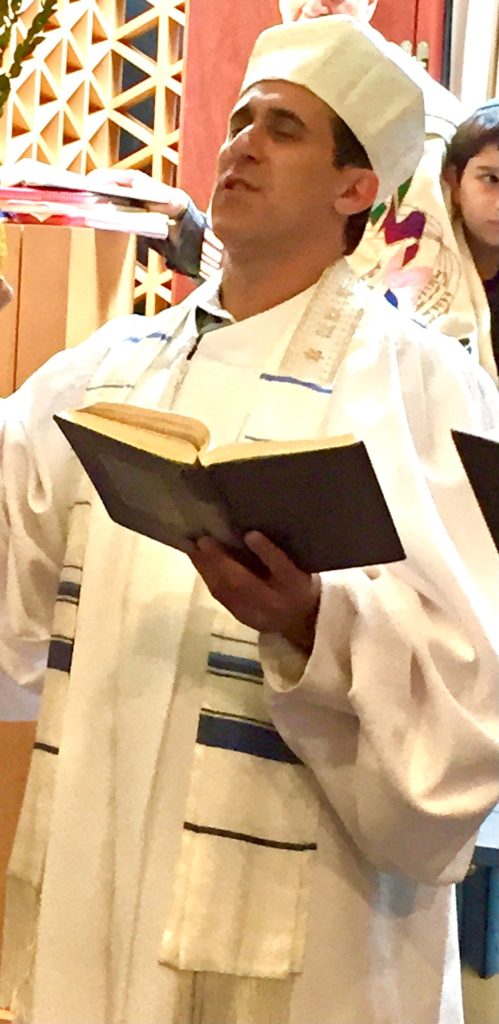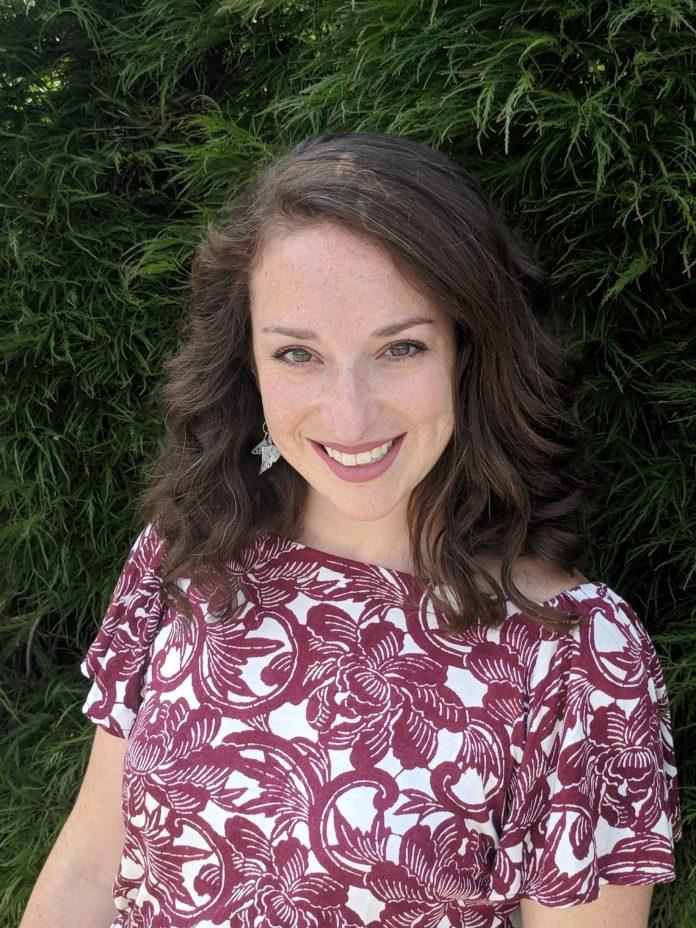
The first time Chizuk Amuno Congregation Cantor Randy Herman’s parents heard him sing the Kol Nidre service, his father, Donald L. Herman, decreed that he never wanted to hear Kol Nidre from anyone else again, Randy Herman said.
Randy Herman was studying to become a cantor at the time and had been given a student cantorial pulpit for the High Holidays. From then on, wherever their son happened to be for Yom Kippur, Randy Herman’s parents would travel there to hear him sing Kol Nidre, even if it was halfway across the country.

Commonly translated as “all vows,” Kol Nidre asks God to retroactively absolve the community’s vows that were made, either mistakenly or under duress, over the previous year, said Cantor Melanie Blatt of Beth El Congregation of Baltimore in an email. It also asks forgiveness for any such vows in the year to come.
The origins of Kol Nidre go at least as far back as 9th century Babylonia, and possibly even further, Randy Herman said. The service may have been particularly relevant during Medieval times, when it could be fairly common for Jews to make vows of conversion to another religion on pain of death, Blatt explained.
“This made the text of Kol Nidre particularly appealing to include in the yearly service that kicks off the day of Yom Kippur, since it enabled people to start their year feeling completely Jewish and clear of all vows,” Blatt said.
Randy Herman said that, in the past, some rabbis have found the liturgy of the Kol Nidre prayer to be problematic, as some could potentially interpret it as permitting congregants to take their vows less than seriously. Some rabbis also viewed it as possible fuel for antisemitism, arguing “there are people out there who have it out for us, who say, ‘Hey, Jews can do whatever they want, they can kill people, because they’ve got this prayer that absolves them of all guilt,’” Randy Herman said.
While some rabbis went so far as to suggest doing away with Kol Nidre entirely, the Jewish community, whether for liturgical reasons or because of the melody’s haunting beauty, typically found this an unpopular suggestion, Randy Herman said.
“The people always revolted against [that idea],” Randy Herman said. “We have to have Kol Nidre.”
For centuries, the precise content of Kol Nidre likely varied from one community to another, until the invention of the printing press in the 15th century, which permitted the codification of Jewish liturgy, Blatt said.
Some might be surprised to learn that the words of such an important and popular prayer aren’t actually Hebrew, but rather Aramaic, Randy Herman said. He explained that Aramaic was the spoken, conversational language of many Jewish communities as far back as 2000 years ago. As it happens, Kol Nidre is in good company, as the Kaddish is Aramaic as well, in addition to a few other prayers recited during the Jewish year.
As for Donald Herman, he continued listening to his son singing Kol Nidre until 2019, when he had reached his 90s and was approaching the end of his life. Randy Herman flew home from New York to Michigan to be with him the day before Yom Kippur. Before his return flight the next day, he asked his father if he would like him to sing Kol Nidre there, and he received an enthusiastic yes.
“I took out the book, and I did a whole production, and I sang from the bottom of my soul, and I sang him Kol Nidre, and he was blissed out,” Randy Herman said.
That evening was the last time Donald Herman was out of bed, and after a second visit from his son a few days later, he became unresponsive and later died.
Randy Herman takes comfort in knowing that his father died on Shabbat, which is interpreted by some as God calling the holy to return, and that he died just after Yom Kippur, which can be taken as a sign of dying spiritually clean.
“It’s almost as if my singing Kol Nidre that night, something happened where he was like, ‘OK, I’m ready to go,’” Randy Herman said.







